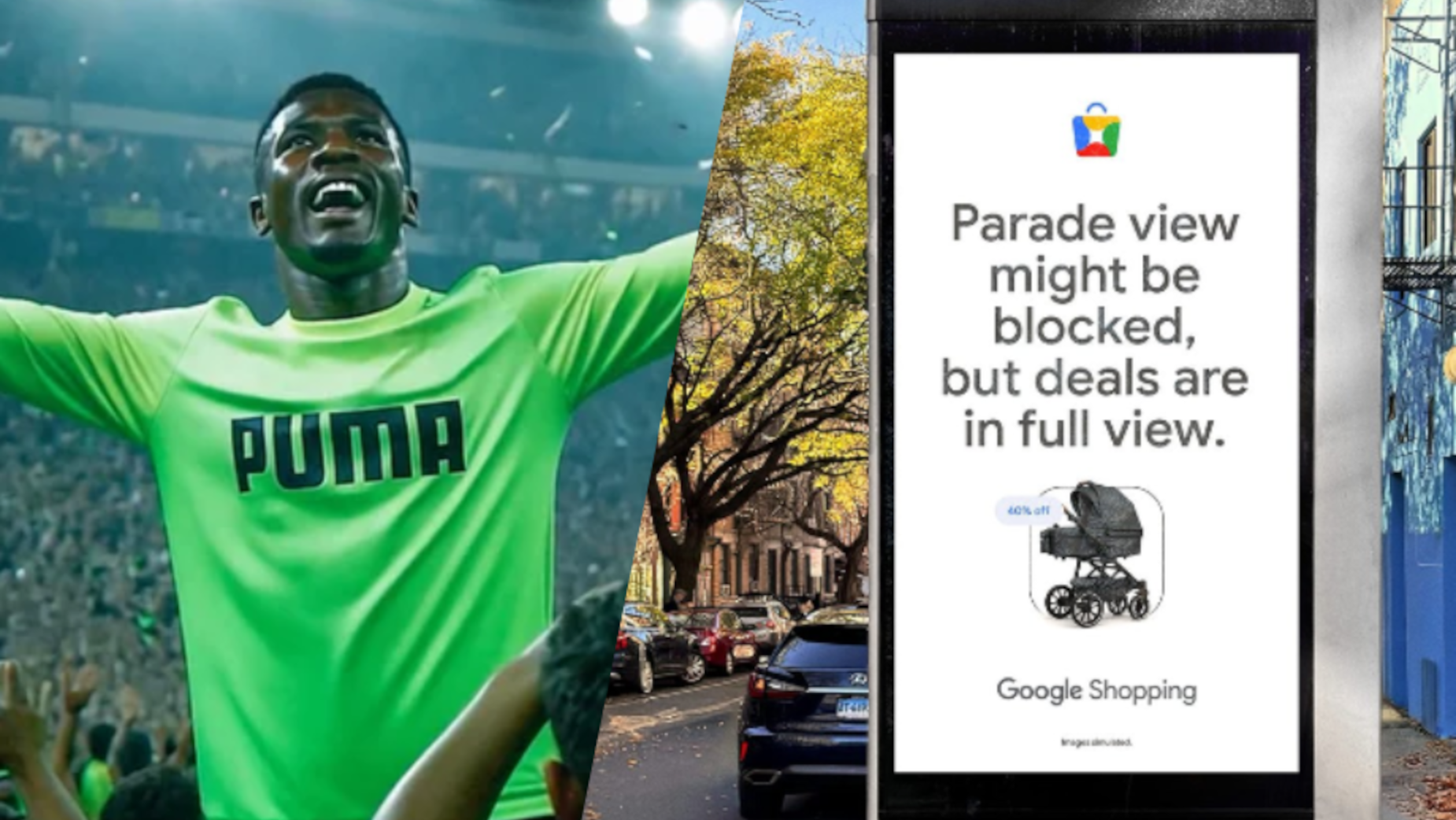
Advertising Might’ve Just Died. But That’s Not the Story

There was a time - not that long ago - when people in advertising talked about 'truth' like it was something you could design. That’s what Bill Bernbach believed. He thought ads should be emotional, clever, and maybe even a little dangerous. Not because it sold more soap, but because it made the process of selling soap feel like art. And for decades, that illusion kind of worked.
But now? Something feels different. Recently, agencies like the Monks and Addition dropped agentic content systems for Puma and Google Shopping - prototypes of a future that, if you’re watching closely, feel like the final scene of a movie you didn’t know was ending. It’s not just advertising that’s changing. It’s the entire logic of how creativity happens, how it’s distributed, how it’s valued.
Advertising is just the first thing to go, because it’s the most fragile. It’s a magic trick that only works if everyone agrees to pretend it’s magic. Once you replace the illusion with a system, the magic breaks, and it all folds in - like when you realised Tyler Durden was never real.
The scary thing about the Puma prototype, is if we double click, as they say, on just the production portion - take the commercial director. A person once mythologised for having 'a vision.' But that vision and price depended on a web of people and roles - DPs, stylists, casting agents, producers, post houses, salespeople - all orbiting around the director’s taste. As brands look for better, faster, cheaper the cost of that vision will be stripped away discipline by discipline. In the new system, the director still has the vision… but now they’re also expected to prompt, generate, revise, composite, mix, score, and render that vision - solo. It’s like asking the chef to be the farmer, the butcher, the dishwasher, the server, and the OpenTable marketing team. For the same tip.
And it’s not just advertising. In law, the AI now reviews the documents. In journalism, it writes the first draft. In education, it tutors the student better than the adjunct ever could. The structure is beginning to crumble. And with it, the economic logic that gave these creative roles their legitimacy. So yes - it feels like something’s dying. But maybe this isn’t just decay. Maybe it’s decomposition. Which is different. Decomposition is what happens before something new grows.
Because here’s the thing: these new systems? They aren’t inherently soulless. They don’t have taste, but they can be shaped by it. They don’t dream, but they’ll help you build anything you can imagine - faster than ever, and possibly weirder than ever. Which might actually be… good? The creative economy we knew was built around scarcity - of tools, access, and distribution. The system we’re entering is built on abundance. You can make anything. Right now. With limited to no budget. See feature films with $500,000 budgets.
That’s terrifying. And also kind of thrilling.
If we’re willing to experiment - not just with the tools, but with how we define creativity - this next phase could be more democratic, more surprising, and more original than the last.
But that means letting go of the old structures. The ones that made us feel important, even when they were inefficient and exclusionary and built on a mythology that stopped being true a long time ago.
Advertising might’ve been the first to fall. But that doesn’t mean the rest of us are doomed.
It just means we’re out of excuses.












